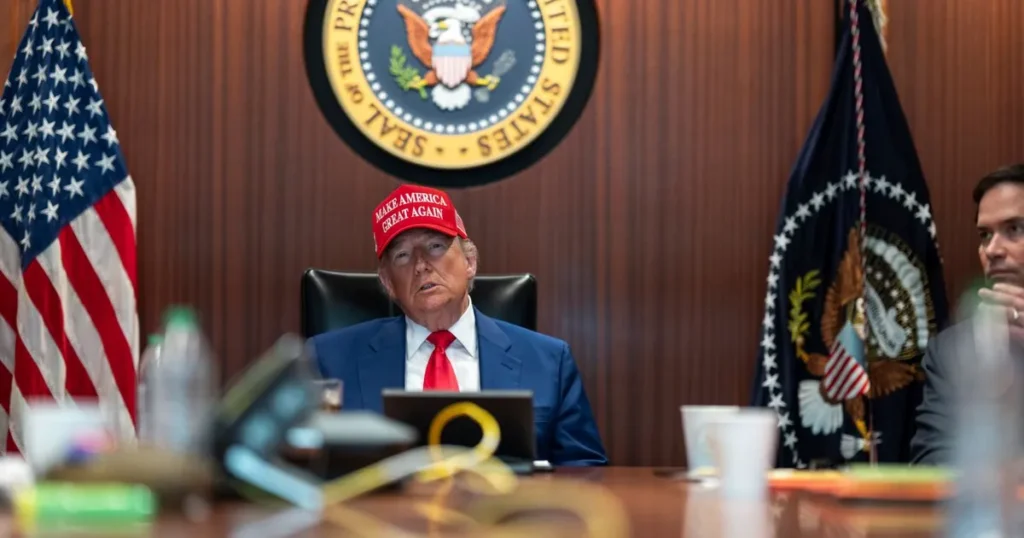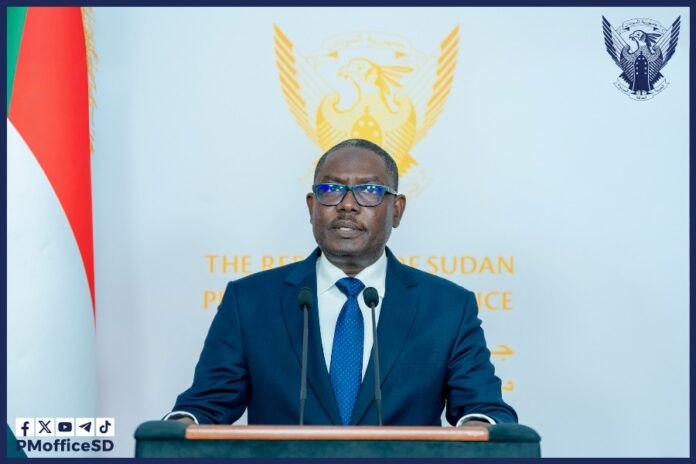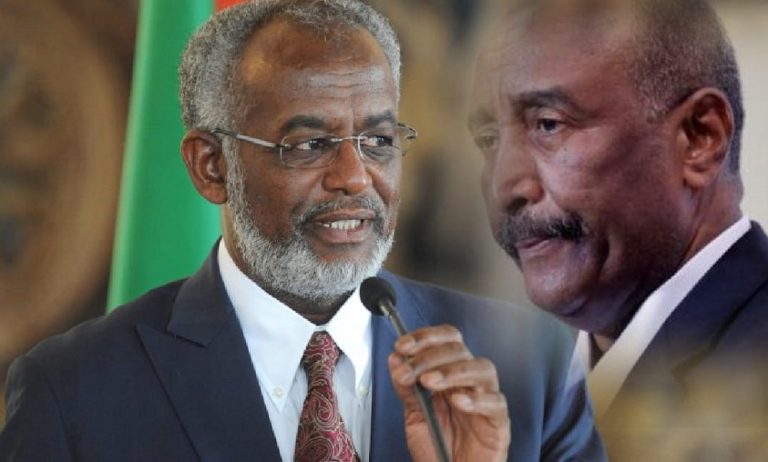
Sudanese users reacted with fury on Monday after Port Sudan junta blocked WhatsApp’s voice‑ and video‑call functions, a move critics say is aimed at silencing dissent and boosting telecom revenues.
The restriction—first noticed late Sunday—does not affect text messaging but prevents the app’s heavily used voice and video features. Social‑media activists accused the de‑facto military junta in Port Sudan of imposing the ban for “political and economic” reasons: curbing unmonitored conversations and steering people back to paid phone services.
Security agencies “cannot intercept WhatsApp calls, so they chose the blunt instrument of a ban,” one digital‑rights group said, calling the step proof of official “helplessness in the face of the country’s security crisis.”
Users quickly shared work‑arounds, urging one another to install virtual private networks (VPNs) to bypass the block and continue calling.
Sudan’s three main telecom companies have not commented publicly. The military junta has similarly issued no statement, leaving the duration and legal basis of the ban unclear.
Digital‑rights advocates note that Sudan has periodically restricted internet access since the 2023 civil‑war escalation, often during protests or sensitive political moments. This is the first nationwide attempt to disable specific WhatsApp features.




